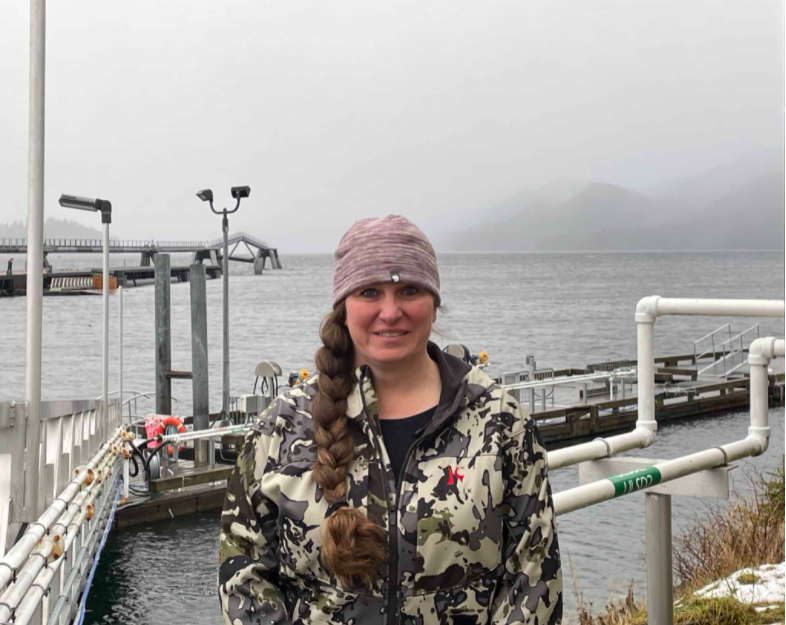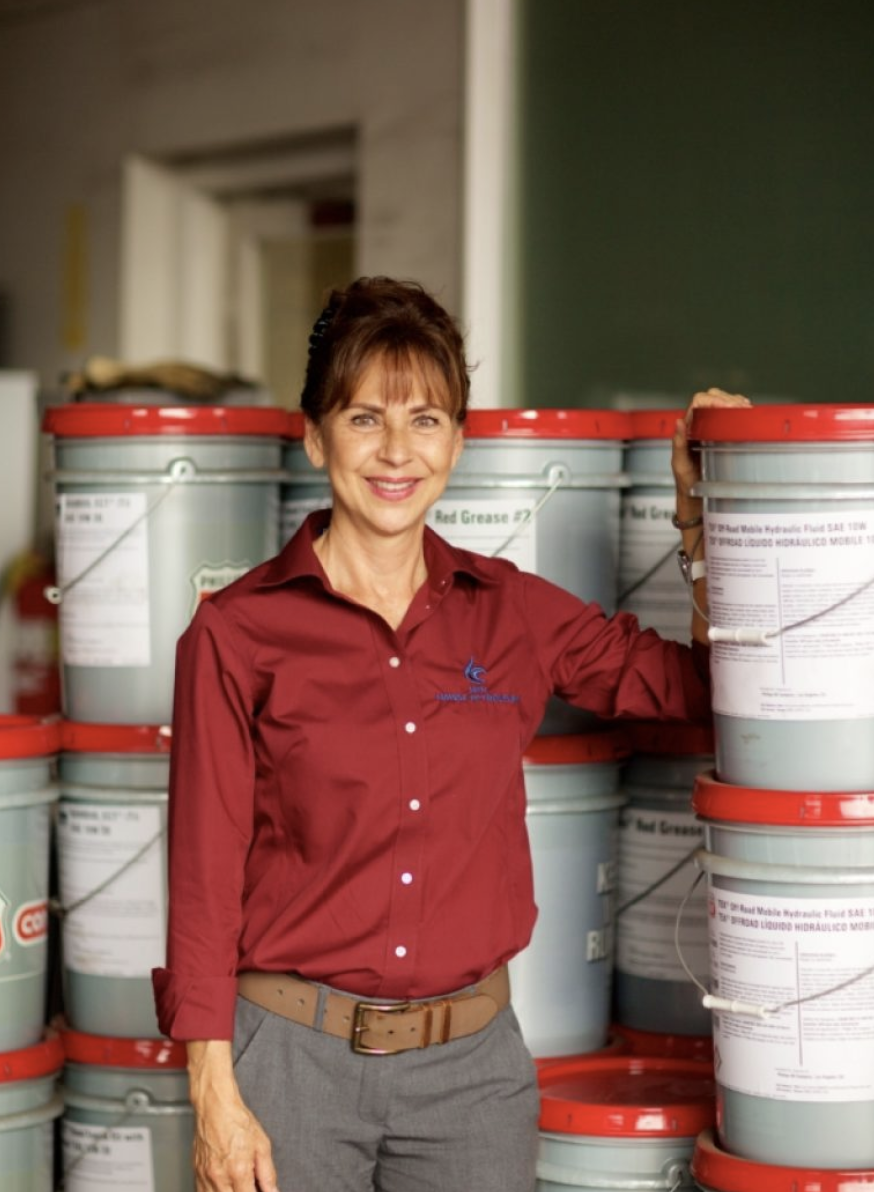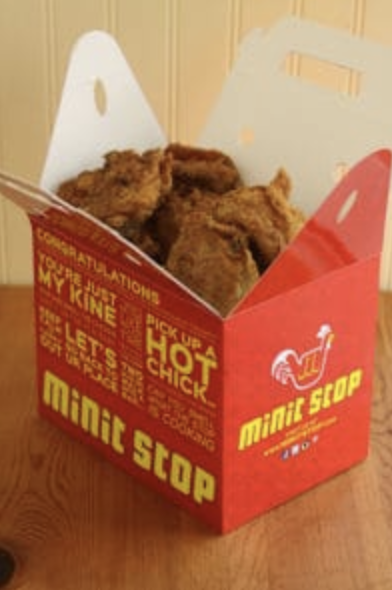This article was originally published on People of Saltchuk on October 19th, 2021
The Jankovich Company joins NorthStar Energy
By Hilary Reeves
‘We decided to join NorthStar because we want to continue to grow,’ said President Tom Jankovich, Jr. of the company his father founded in 1933.
Tom Jankovich, Jr. grew up outside of Los Angeles in the coastal community of San Pedro, California. It was, he said, a childhood not unlike those of his father and grandfather back in Yugoslavia.
“The men in my family were fishermen,” he explained. “My grandfather came over first. He chose Southern California because it felt like home. He fished until he had enough money to send for his wife and son, my dad.”
His grandfather emigrated in 1915. His father followed in 1921. In 1933, Jankovich’s father formed a business that would carry the family name – a company Jankovich wasn’t initially interested in.
“I never thought about getting into the business because it was a small operation, servicing just the local fishing fleet.”
Instead, Jankovich went to college with the dream of coaching football and track. Fortunately, he said, he also had the foresight to minor in business.
Tom Jankovich, Sr., left, and Tom Jankovich, Jr.
“It was in 1960 – my first year of college – that I started working with my dad. I saw some opportunities for growth and shared my thoughts and visions of expansion with my dad. Having lived through and survived the devastation of the Great Depression, my dad wasn’t one to take risks. Luckily, he pretty much left that aspect of the business to me.”
By 1963, Jankovich had married and began taking on more responsibilities at the company.
“Dad had an accountant that worked on the books one night a week, but within a couple of months of me being in charge, I let him go and was doing the books myself.”
The change allowed Jankovich to save up enough money to purchase the company’s first fuel truck in 1965.
“That changed everything. The truck had a thousand-gallon tank and the capacity to transport 20 drums. The truck paid for itself in just 30 days. Within a year, we had two trucks, but I was still the only driver.”
Then Shell Oil came knocking.
“They came to me and asked if I could deliver some of their lube oils to ships at night and on the weekends. That got us started in the marine lube oil business.”
The only vessel of its kind
By the late ’60s, even though Jankovich was managing multiple aspects of the business, he was only earning $600 per month. To support his growing family, he began teaching part-time with the Los Angeles School District two days per week at $25 per day.
When Shell contacted Jankovich once again about a contracting opportunity, he was ready and willing. In 1975, he formed a division that would eventually become the largest supplier of lubricants on the Western seaboard. Two years later, his father officially relinquished the reigns of The Jankovich Company, and Jankovich became president.
Vicki Ann and her namesake.
A year later, Shell presented Jankovich with an opportunity that would be the catalyst for decades of explosive growth: Shell asked Jankovich to build a boat to deliver bulk lubricants to ships at anchor.
The Vicki Ann, a Tanker Class vessel named after Jankovich’s daughter, was designed and built to transport 25,000 gallons of bulk lubricants that could be pumped directly to a ship’s lube oil tanks – the only vessel of its kind. The company went from delivering 600,000 gallons of lubricants through the Port every year to 9 million gallons annually during the next decade.
In 1981, the company launched a water taxi service within the Port of Los Angeles and expanded its trucking fleet. Eight years later, Jankovich acquired two offshore supply vessels immediately employed in the offshore oil production work off Santa Barbara and Ventura.
The Jankovich Company’s petroleum distribution business grew steadily throughout the ’90s, with the purchase of four tank barges to reduce trucking costs and transport fuel in greater volumes, the purchase of the San Diego 10th Ave Marine Terminal from British Petroleum, and, finally, the construction of a unique rail line in 2003 to streamline shipments from the Gulf Coast.
“It’s hard to believe I’ve been in the business for 60 years now,” Jankovich said, reflecting on the company’s 85th anniversary in 2018 and relocation into a new, larger headquarters in San Pedro.
Tom Jankovich, Jr. at the company’s new headquarters in San Pedro, California.
Luck, timing, courage, confidence
Earlier this year, The Jankovich Company joined NorthStar Energy, the energy business unit of the Saltchuk family of companies. Jankovich said he’d known of Saltchuk, especially the “good people at Foss,” for years.
“We decided to join NorthStar because we want to continue to grow,” he said. “It’s pretty hard for a small, individual company to access the capital to expand, and I thought it was the right time. There may be opportunities in the future that we’ll be able to execute on because of NorthStar’s financial strength and support.”
Jankovich said it will be “years and years” until substantial infrastructure is in place to support innovations such as electric cars.
“A fuel-less existence is on the distant horizon, but there are still plenty of markets seeking traditional energy sources,” he said. “Our business is going to go on for a while.”
And while his father, Thomas B. Jankovich, Sr., died many years ago, Jankovich said he’d be proud the company is staying in the family name.
“I have my three sons working for me now – they have ever since high school and again after college. None of them have ever worked anywhere else. It’s in their blood.”
Jankovich also has two grandsons involved in the business. One is married, with a baby boy named Thomas John – the fifth generation.
“My eldest grandson is very capable,” Jankovich said. “He’ll likely move into management soon. I’m proud that we were able to grow the business, that we brought our family in, and that we’ve been successful and able to live a great life.”
Jankovich said he’s in no hurry to retire.
“I don’t have any timeline. There may be a time somewhere down the line when I wouldn’t want to go to work every day, but I’d still like to stay involved.”
Jankovich and his wife still travel and have been back to his family’s ancestral home in modern-day Croatia eight times now.
“In the meantime, I enjoy driving classic cars, playing golf, and consuming fine wine, although not necessarily in that order.”
When he thinks back on The Jankovich Company, four decades of explosive growth – with hopefully more to come – he said it came down to three things: “I always say it’s a lot of luck, good timing, and most importantly having the courage and confidence to take risks when opportunities come along.”
1960
Tom Jankovich, Jr. joins The Jankovich Co.
1965
Jankovich purchases the company’s first fuel truck.
1975
Jankovich formed a division that would eventually become the largest supplier of lubricants on the Western seaboard. He acquired a lubricant oil tank farm in nearby Long Beach and a warehouse for packaged products and services.
1977
Jankovich’s father officially relinquished the reigns of the company, and Jankovich became president.
1978
Shell asked The Jankovich Co. to build a boat to deliver bulk lubricants to ships at anchor. The Vicki Ann, a Tanker Class vessel named after Jankovich’s daughter, was designed and built to transport 25,000 gallons of bulk lubricants that could be pumped directly to a ship’s lube oil tanks – the only vessel of its kind.
1981
The Jankovich Co. launched a water taxi service within the Port of Los Angeles and expanded its trucking fleet to accommodate the more than nine million gallons of lubricant oil the company was delivering every year.
1989
The company acquired two offshore supply vessels immediately employed in the offshore oil production work being performed off Santa Barbara and Ventura.
1990
Jankovich purchased the tank barge J&S No.1 to reduce the cost of trucking diesel to the Marine fueling station at LA Berth 74. The barge enabled the company to purchase and transport bulk diesel in much greater volumes. An additional benefit of the barge acquisition was the ability to enter and develop a new line of business: supplying and delivering bulk diesel and fuel oil to ships. This bunkering business grew rapidly as demand continued to increase annually.
1994
The Jankovich Co. sold its water taxi business to focus on its core business, petroleum distribution.
1995
The company acquired the San Diego 10th Ave Marine Terminal business and assets from British Petroleum. BP had been making deliveries of modest quantities of fuel oil to the cruise ships by barge and diesel to the San Diego tuna fishing fleet and area tugboats.
2003
The San Diego facility’s utilization and profitability increased when Jankovich secured an agreement to become a receiving, storage, and distribution point for jet fuel to the San Diego International Airport. In addition, the construction of a unique rail line dramatically increased the efficiency of Jankovich’s Paramount facility by enabling larger bulk shipments to be received from Texas and the Gulf Coast by rail instead of trucks.
2007
Due to the continuing growth of the cruise ship business in San Diego, Jankovich commissioned Sundial Shipyard in Troutdale, Oregon, to build the 15,000-barrel double-hull barge Payton J.
2021
The Jankovich Co. joined Northstar Energy.




























